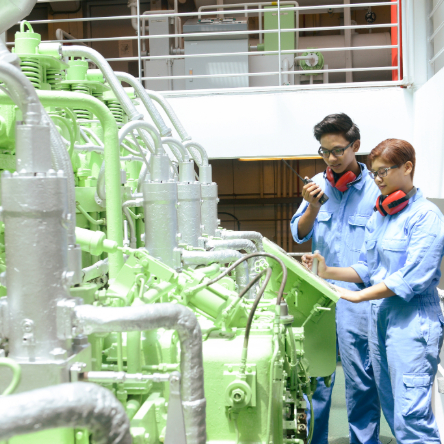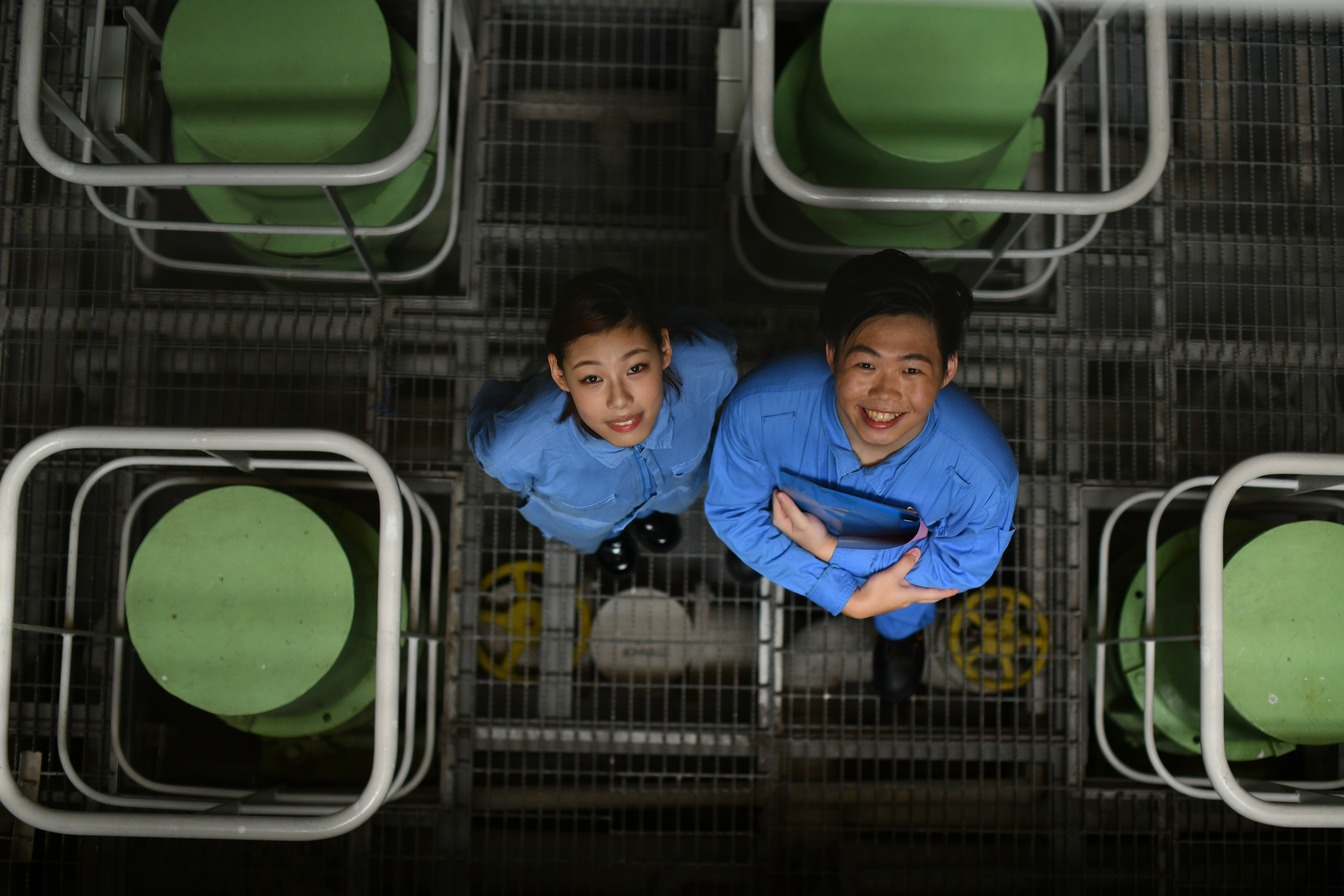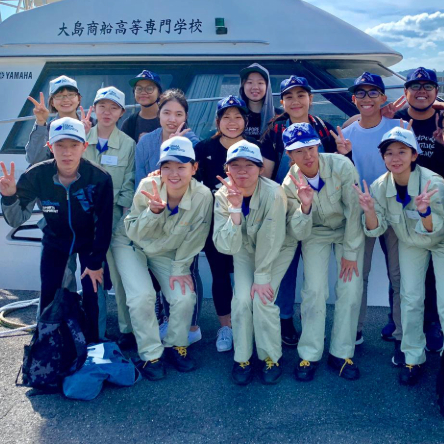If you’re passionate about hands-on work and problem-solving, the Diploma in Marine Engineering is for you, as this field values curiosity, analytical skills, and practical expertise. This is a 2-path programme that can award you with both a Diploma and the internationally recognized Certificate of Competency Class 5 marine engineering Officer qualification, preparing you for sea-going or shore-based careers.
Please note: Course structure is subject to change.
Electives
The SP elective framework offers students options to pursue their passion and/or meet different career needs, and is an integral part of the holistic education we seek to provide to our students.
Learn about SP Elective Framework
The Common Core Curriculum (CCC) prepares you for a changing world with essential human and digital skills. Through its 10 modules, the CCC also provides a wide learning experience to examine local and global issues based on the Sustainable Development Goals (SDGs). These modules help you understand real-world issues and the impact on different communities, and equip you with skills to create a better, sustainable Singapore and world.
Learn about Common Core Curriculum

What are the eligibility requirements for marine engineering?
Besides passing the colour vision test as per The International Convention on Standards of Training, Certification and Watchkeeping for Seafarers (STCW).
You must meet the following criteria to qualify for the Diploma in Marine Engineering:

Marine engineering at SP prepares me for the future.
Marine engineering in SP offers advanced facilities like the Full Mission Engine Room Simulator, replicating real-world ship systems, and the Advanced Engine Room Simulator with VR technology.
These facilities provide practical training in routine operations, emergency handling, and exposure to the latest maritime technology, ensuring you’re fully equipped and prepared for a successful future in the maritime industry.
Marine engineering at SP prepares me for Singapore.
Marine engineering is vital to safe, efficient maritime operations, covering roles in transport, offshore oil, gas, and renewable energy.
SP equips you with AI, automation, and digitalization skills to excel in this industry. Singapore’s maritime hub status offers diverse career opportunities, such as green technologies, transport, and offshore energy. Students’ exposure to international maritime events enhance career prospects, making marine engineering a promising field for future engineers.
Marine engineering at SP prepares me for the world.
At SP’s Diploma in Marine Engineering, you’ll acquire a broad skill set, making you versatile and adaptable to diverse fields in the global maritime industry, such as:
This comprehensive, multidisciplinary training prepares you to tackle complex challenges in diverse maritime sectors, and excel in a variety of roles, ensuring that you’ll be in-demand globally.
If you’re passionate about engineering and the maritime industry, marine engineering is perfect for you. It’s designed for students who are problem-solvers, innovative, detail-oriented, adaptable, and collaborative. These traits are vital for every stage of marine engineering, equipping you to handle various challenges, from planning to execution to handling technical projects.
As a marine engineering student at SP, you'll complete a 26-week internship with organisations ranging from startups to MNCs and government agencies. You can choose between sea-going or shore-based internships, with opportunities at companies like Seatrium, PSA Marine, and ST Engineering. Sea-going internships count towards the mandatory 6-month sea experience required for the Certificate of Competency Class 5 Marine Engineer Officer exam, pending MPA’s requirements.
Internships offer valuable connections, industry insights, and job opportunities, shaping your career path with hands-on experience. Above that, SP provides coaching to boost your confidence and employability. Multiple internships across industries broaden your perspective, leading to higher starting salaries, business exposure, and professional growth through meaningful work, learning opportunities, and mentorship.
Overseas exposure helps broaden your horizons. Understanding globalisation and working with diverse cultures is essential in a global city like Singapore. Marine engineering students can opt for international internships and exchanges, such as a 6-month sea training and overseas immersion programmes with partner institutions, enriching their worldviews and career prospects. Students in CCAs also have opportunities to represent Singapore abroad and gain international experience.
As a marine engineering student at SP, you’ll have the chance to excel in competitions like the Maritime Case Challenge, honing your skills and building confidence. You’ll also benefit from industry talks, on-site visits, and real-world exposure through international hands-on training, further enriching your experience. These opportunities enhance your learning and give you a competitive edge in the field of marine engineering.
Many marine engineering graduates in SP further their studies in fields like Naval Architecture, Marine Engineering, and Offshore Engineering. You can gain direct entry into degree programmes at local universities (NUS, NTU) or abroad in Australia, the UK, and the US. Common degrees include:
Check the Advanced Standing Database for details.
If you’re preparing for university and want to make the most of your diploma time, an SP diploma can let you fast-track your education by 0.5-2 years!
